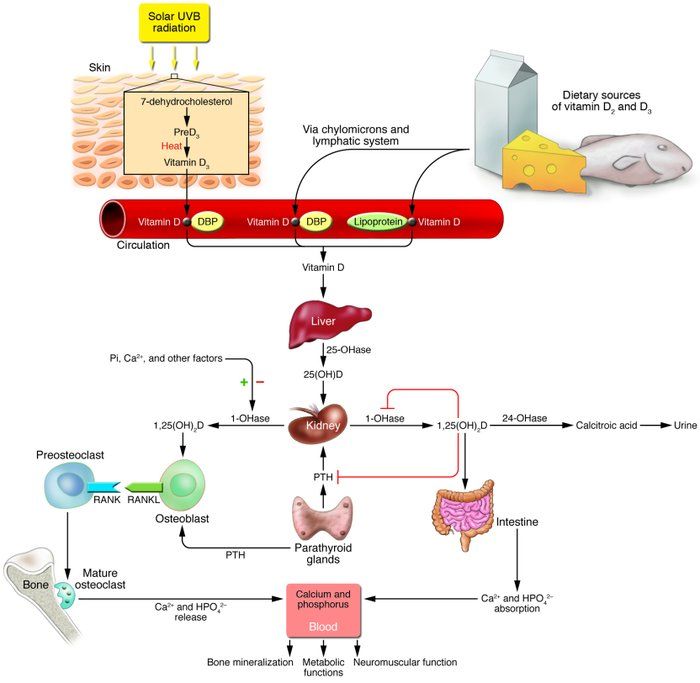What do you mean by transulfuration pathology —the overproduction of taurine and sulfites over glutathione? I believe that oxidative stress itself modifies how much cysteine goes to each pathway.
I think that the transulfuration pathology that we see probably occurs because cysteine oxidizes and bonds to another cysteine to form cystine. I am having one heck of a time finding a concise explanation for this... Here is
Rich Van Konynenburg:
[Two cysteines] are oxidized to form cystine, pass through hydrogen sulfide, and are eventually converted to thiosulfate and sulfate and are excreted in the urine. This lowers the production of glutathione, which requires cysteine rather than cystine
So increased oxidative stress found in ME/CFS means that more cysteines will be oxidized to form cystine. This can be reversed by a
recently studied protein Trp14, but for every cysteine converted to cysteines it needs to be reset by another protein Thioredoxin Reductase (TrxR1), which converts NADPH to NADP+ & H to do so. Low NADPH was at one point suggested as a biomarker for CFS--although
the study is still unpublished, so maybe there was a fatal flaw? But assuming low NADPH, Trp14 activity will be slowed.
So if we think of Trp14 as a sort of net that stops cysteine from leaking out a side pathway to become (as we will see) ammonia, pyruvate and sulfite/sulfate, then our situation involves both a higher amount of cysteine trying to leak through (because of increased oxidative stress oxidizing cysteine to cystine) and a less effective net (because there isn't enough NADPH to power TrxR1 effectively). In short: I think it is likely that with our condition, increased amounts of cystine will leak through the side-pathway and both produce more ammonia and more sulfite--just as Yasko fears. I'm just not sure how much heightened CBS activity contributes to the problem.
What happens to cystine if it is not converted back to cysteine?
Cystathionine-gamma-lyase (CTH) converts it to pyruvate + ammonia + thiocysteine. Ron Davis has recently spoken about the benefits of adding pyruvate to ME/CFS cell cultures, so perhaps we are deficient in it. In which case CTH might be helping to fill that gap.
"Thiocysteine rapidly decomposes in aqueous solution to form cystine and sulfur" (2 thiocysteine --> cystine + sulfide) [1]. The sulfur (sulfide)
quickly combines with water to become bisulfide (HS-) plus hydroxide (OH).
Bisulfide is then combined with Sulfite by
Human Sulfide Quinone Oxidoreductase (SQOR) to form thiosulfate. Some of this is excreted in the urine, but some is converted by
Glutathione Sulfurtransferase (TST) into sulfite and glutathione persulfide. Glutathione persulfide then further converted to (still) reduced Glutathione plus either sulfite or sulfate,
depending on the tissue and the availability of functional sulfite oxidase (SUOX) which requires molybdenum to function. In this way bisulfide is turned into either sulfite or sulfate.
In summary, I think that more cysteine than we would like becomes cystine and then irreversibly is converted to pyruvate, ammonia, and either sulfite or sulfate (sulfite, of course, can later be converted to sulfate by SUOX).
On a separate note, I think it's a stretch to assume that autistic kids, not to mention people with ME, over-produce taurine because Yasko sees high levels in the urine of autistic kids.
Candida,
zinc deficiency, and other disorders can cause taurine wasting (increased excretion of taurine in the urine). Since candida and zinc deficiency are two problems common to autistic individuals and people with ME, I tend to assume that a high urinary taurine level probably indicates wasting rather than over-production.
I tried her CBS rna and immediately my glutathione levels began to go up (at least, I experienced the improvements and symptoms I associate with that). It also helps my ammonia symptoms moderately.
Interesting.
Unfortunately it seems that eating any sulfur foods compromises that glutathione increasing benefit for me. I interpret that as sulfur foods speeding up transsulfuration. I think my health is suffering from the lack of sulfur foods - though I still eat meat - so I'm trying figure out next steps. Any ideas?
I'm not entirely sure why sulfur foods would compromise glutathione in any major way. They would, of course, increase sulfites, which can have some unpleasant effects.
I have eliminated both sulfite and "ammonia" (aka BH4 deficiency) symptoms in two ways: For sulfites, I take a lot of molybdenum--1500 mcg per day for me. Molybdenum can make people tired at first, I think this is because sulfites can combine with cystine to form
s-sulfo-cysteine, a glutamate analog. Molybdenum is necessary to convert sulfites to sulfates, and the reduced sulfite levels can thus make one tired. The effect wears off over some weeks. For "ammonia" or BH4 deficiency I use a UV-B lamp daily, which I believe protects BH4 as outlined
here. I also still take malic acid (about 1500 mg per day), which seems to help--possibly because
Malate Dehydrogenase regenerates NADPH.
If you have the BH4 I would absolutely experiment with it--and I hope you will report back, er, on some thread I'm a part of.
I think arginine will tend to cause problems with BH4 rather than helping it. I also doubt that citrulline defiency is the problem.
I hope this helps.


